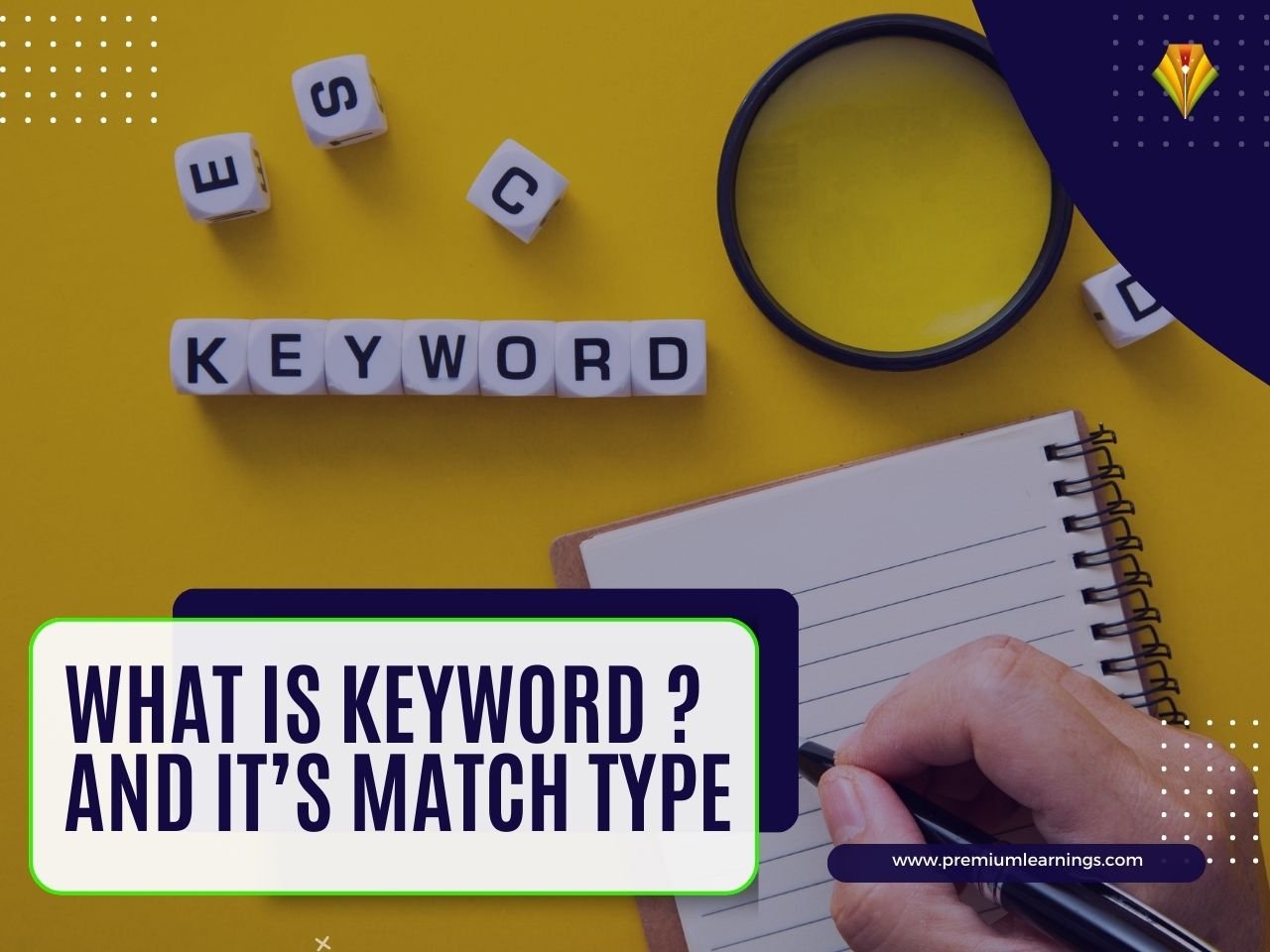The choice of the appropriate keywords is one of the most important step in running a successful campaign. But did you know there are various keyword match types? Knowing these match types is important to make sure that your ads are shown to the right audiences. This blog will explain keywords and keyword match types, as well as the different kinds of keyword match types of examples.
What Are Keywords?
Keywords are the search terms that people use when they’re looking for something online. In PPC advertising, you choose which keywords you want to target and bid on them. When someone searches for those keywords, your ad may be displayed. For example, if you sell running shoes, you may want to target keywords like “best running shoes” or “running shoes for women.”
Keyword Match Types
Keyword match types determine how closely a search query needs to match your chosen keyword in order for your ad to be displayed. There are four different types of keyword match types:
- Broad Match
- Phrase Match
- Exact Match
- Broad Match Modifier
Let’s take a closer look at each of these match types and how they work.
1. Broad Match
Broad match is the default match type for keywords. When you use a keyword in broad match, your ad will show up for searches that are similar to your keyword, including synonyms, related searches, and misspellings. This can be a good option if you want to reach a wide audience, but it can also result in irrelevant clicks.
For example, if you target the broad match keyword “running shoes,” your ad could potentially be displayed for searches such as “best running shoes,” “running sneakers,” or “buy sports shoes.”
2. Phrase Match
Phrase match allows you to target more specific searches by using quotations around your keyword. When you use a keyword in phrase match, your ad will show up for searches that include your keyword phrase in the exact order you specified, but can have additional words before or after the phrase.
For example, if you target the phrase match keyword “running shoes for women,” your ad could potentially be displayed for searches such as “buy running shoes for women” or “best running shoes for women,” but not for searches such as “women’s running shoes” or “running shoes for men.”
3. Exact Match
Exact match is the most specific match type. When you use a keyword in exact match, your ad will show up only for searches that exactly match your keyword.
For example, if you target the exact match keyword [running shoes for women], your ad will only be displayed for searches that include the exact phrase “running shoes for women,” without any additional words before or after the phrase.
4. Broad Match Modifier
Broad match modifier allows you to be more specific than broad match, but less specific than phrase match or exact match. When you use a keyword in broad match modifier, you need to add a plus sign (+) in front of each word in your keyword phrase that must be included in the search query.
For example, if you target the broad match modifier keyword +running +shoes +women, your ad could potentially be displayed for searches such as “best running shoes for women” or “women’s running shoes,” but not for searches such as “running sneakers for men.”
Conclusion
Choosing the right keyword match type is essential to the success of your PPC campaign. Understanding each match type and its potential impact on your campaign can help you choose the best match type for your goals. Remember that broad match is a good choice if you want to reach a wide audience, but can result in irrelevant clicks. Phrase match and exact match
Keep Learning :
- Tips and Examples for Conducting Keyword Research
- Essential Chrome Extensions for Keyword Research tool and Analysis
To enhance your knowledge consider attending our Growth Hacking Sessions. Register for the webinar now by clicking on the link below.
https://premiumlearnings.com/contact/
You can also download premium learning’s app from the link below
https://play.google.com/store/apps/details?id=com.premiumlearnings.learn&hl=en


